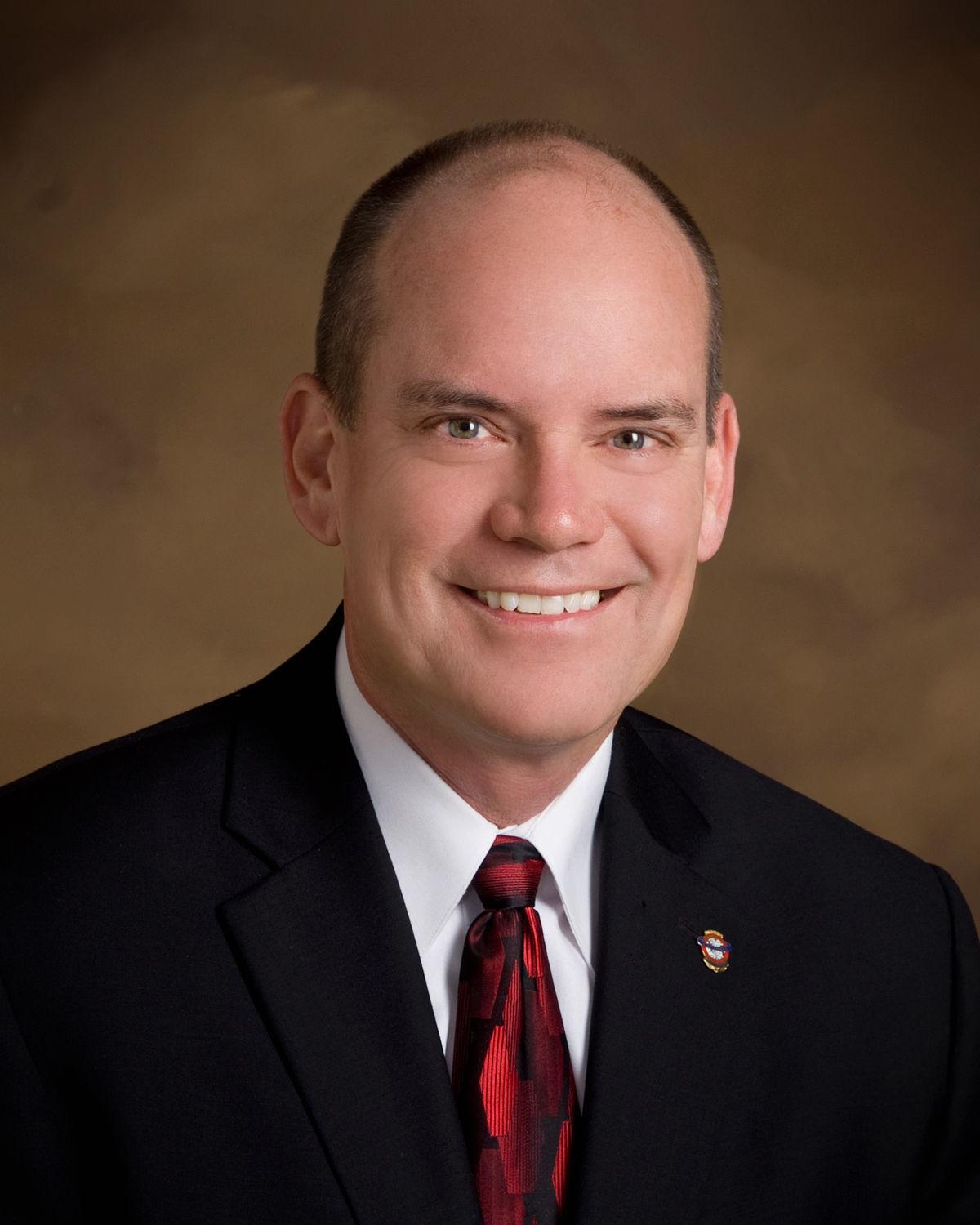From the Chief’s Corner: Close, But No Cigar...
Posted on November 22, 2019 I’m sure many of you have heard the expression “Close, But No Cigar.” Some of you may even use it from time to time. But have you ever thought about its origin? Research shows that this popular idiom dates back to the late 19th century and most likely originated at popular fairgrounds.
Fairgoers would test their accuracy, strength and other skills at booth games set up at the fairgrounds – hoping to win a prize. Every now and then a participant would indeed win, which would keep others interested in taking their turn. During that time period, the winning prize would be a, yes, a cigar! And so, game operators would often say to those who didn’t win: “Close, But No Cigar...” Since then, the phrase has been used in connection with narrow losses related to sporting events, political races, etc.
So, here’s the question you often ask when reading one of my articles: What do these anecdotes – in this case the origin of “Close, But No Cigar” – have to do with in-building communication?
Well, I’m glad you ask. As we travel from state to state, city to city, interacting with our members, building owners and the public safety community, we often hear comments about the quality, or sometimes the lack thereof, regarding the installations of solutions meant to solve the communications issues within buildings. In the business world -- just like in life sometimes -- our outcomes are perceived as either winning, losing or getting close. So, when this topic comes up during a discussion, I’m reminded of the quote from Major League Baseball player Frank Robinson “‘Close’ only counts in horseshoes and hand grenades.” In other words: Getting close is not good enough.
As fire and life safety systems and requirements make their way into the fire codes, there will be individuals and companies who want to be a part of an exciting new opportunity to get involved and making a difference. They get involved because they want to be a part of making buildings safer for both the public and first responders, and, most importantly, “doing the right thing at all times.”
But unfortunately, as my experience in the fire and life safety world has shown, there will be those that I affectionately refer to as “Chuck and a Truck” entering the scene whose primary focus is making a quick buck rather than providing quality work. Like the game operators at the fair who rigged the games so very few would actually win, we must not let the few impact the reputation of the many.
As an industry, we have a responsibility to adhere to the codes, standards, and any other rules of engagement that have been adopted. We have a responsibility to make sure our organizations have well-trained staff who are knowledgeable and meet current and future requirements, such as NICET certification that will begin to be rolled out in the future. We have a responsibility to make sure our equipment is manufactured to the latest listing requirements so that they meet the minimum standards set forth. We have a responsibility to help educate the end users and public safety responders of our systems.
It is vital to everyone’s existence that the industry is involved in all of these areas that can, and most likely will, impact one’s ability to provide valuable products and services to those who need critical communications within their buildings.
In this season of Thanksgiving, we are able to assist with these issues and many more through your generous support of the Safer Buildings Coalition. I want to personally thank each and every one of you who give of your time and resources to helping us help people “Feel Safe Inside”.
As was said in the script of the 1935 film version of Annie Oakley: “Close, Colonel, but no cigar!” That might work for some folks, but it certainly isn’t good enough for the public and public safety responders...
|
